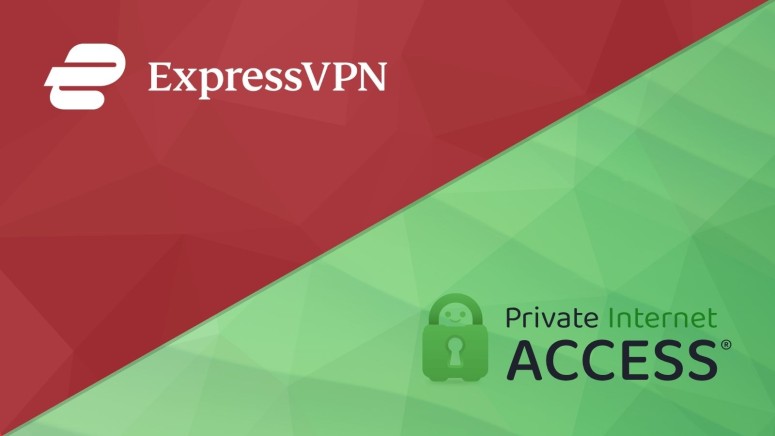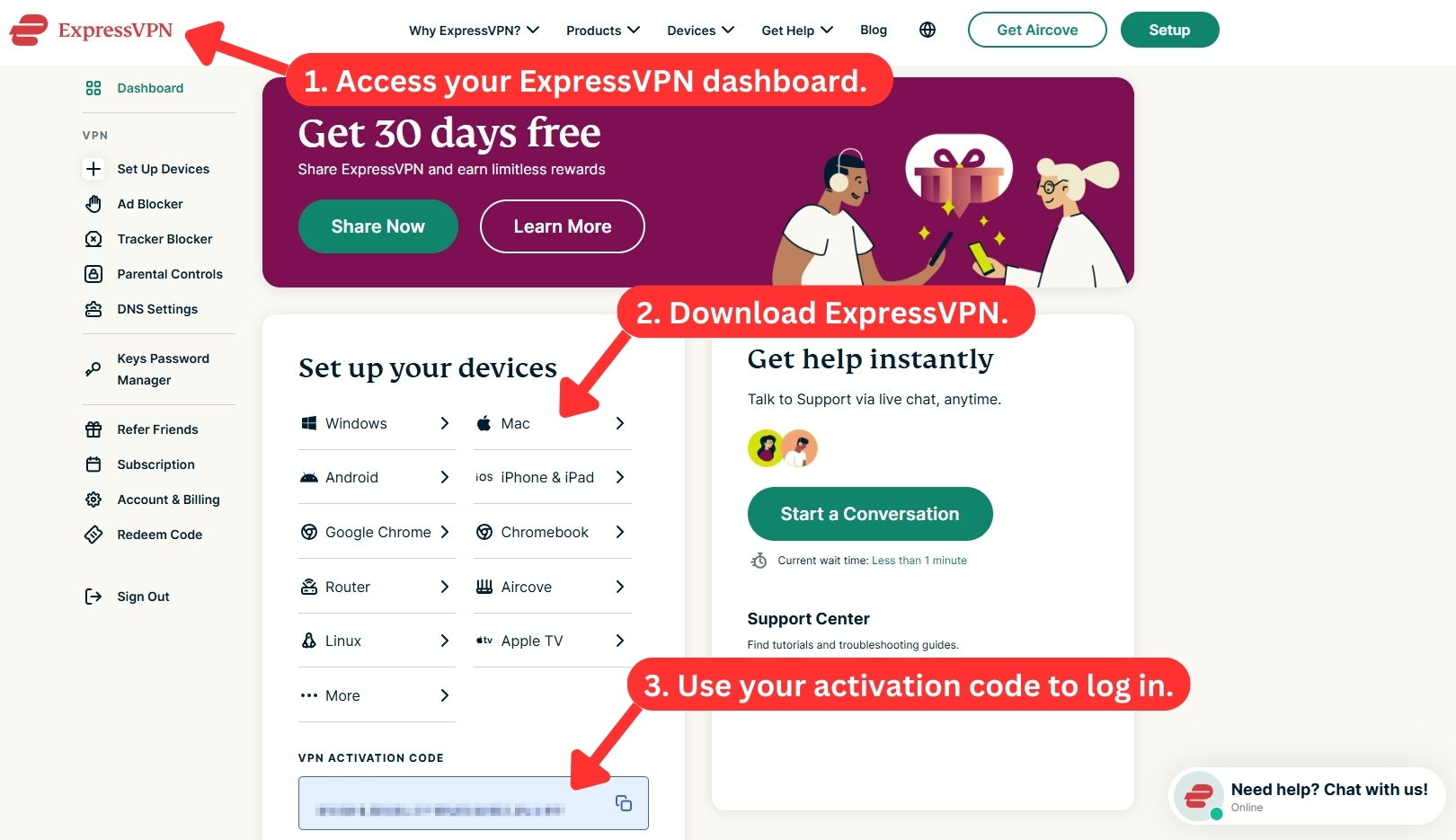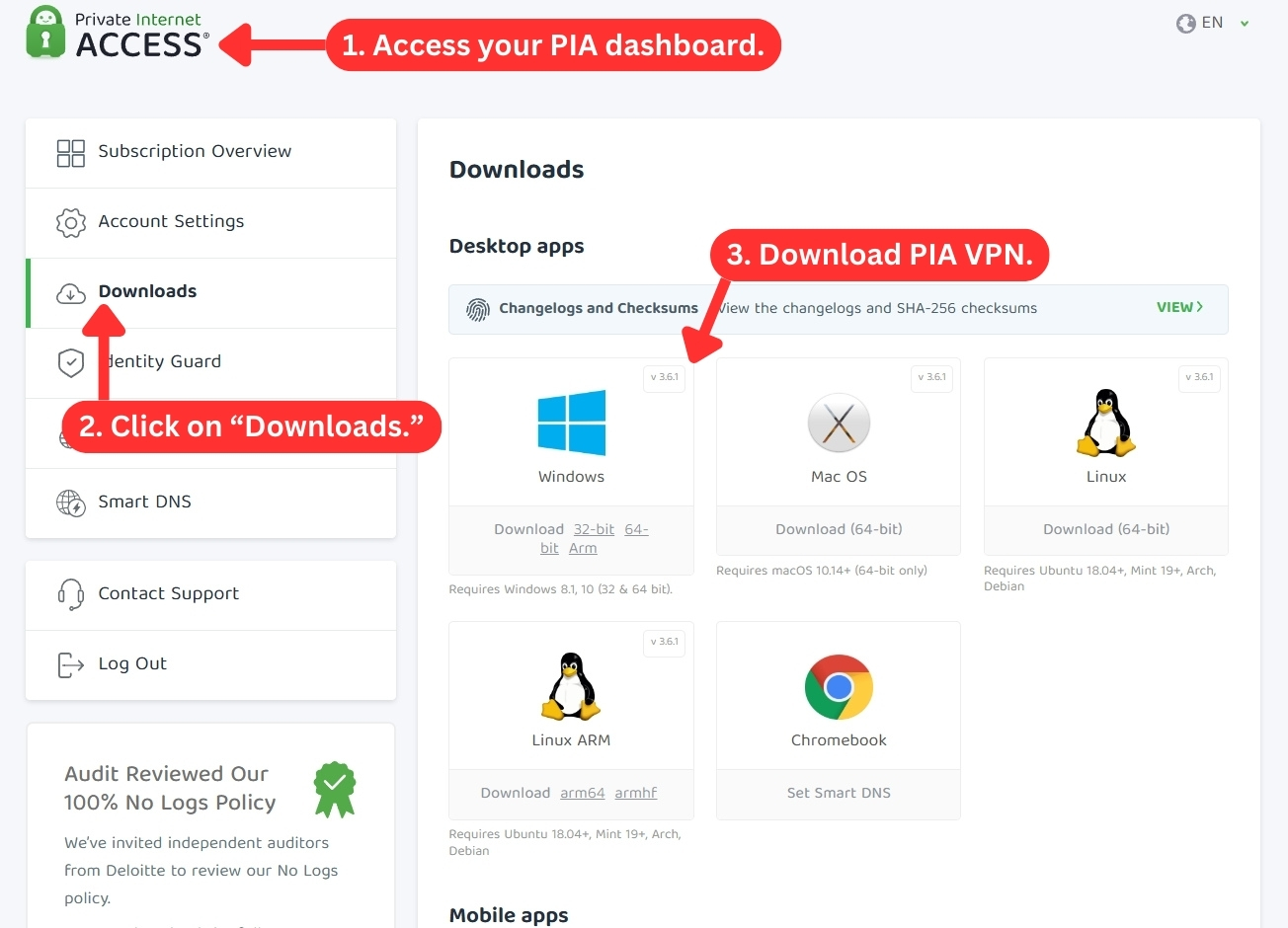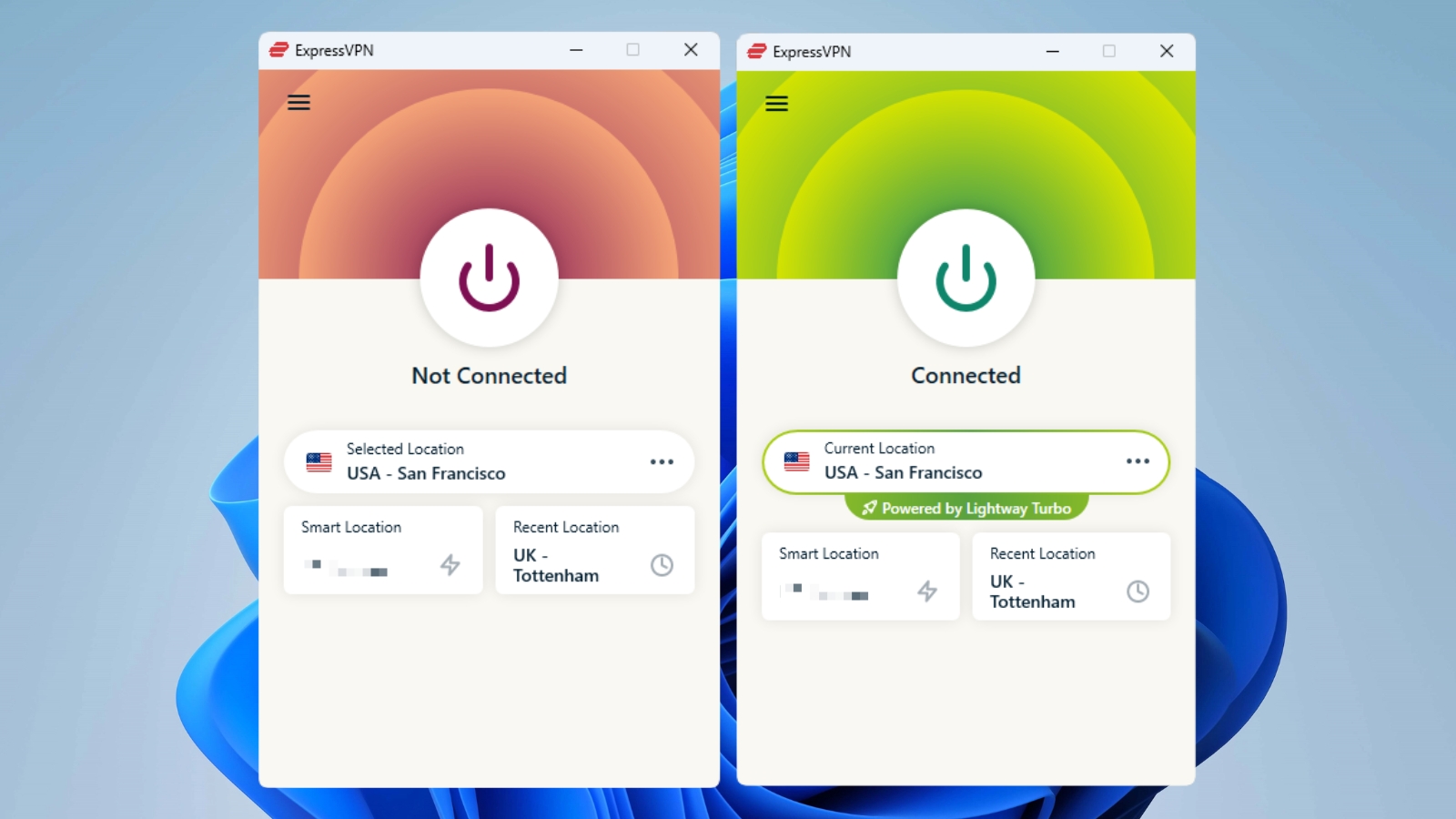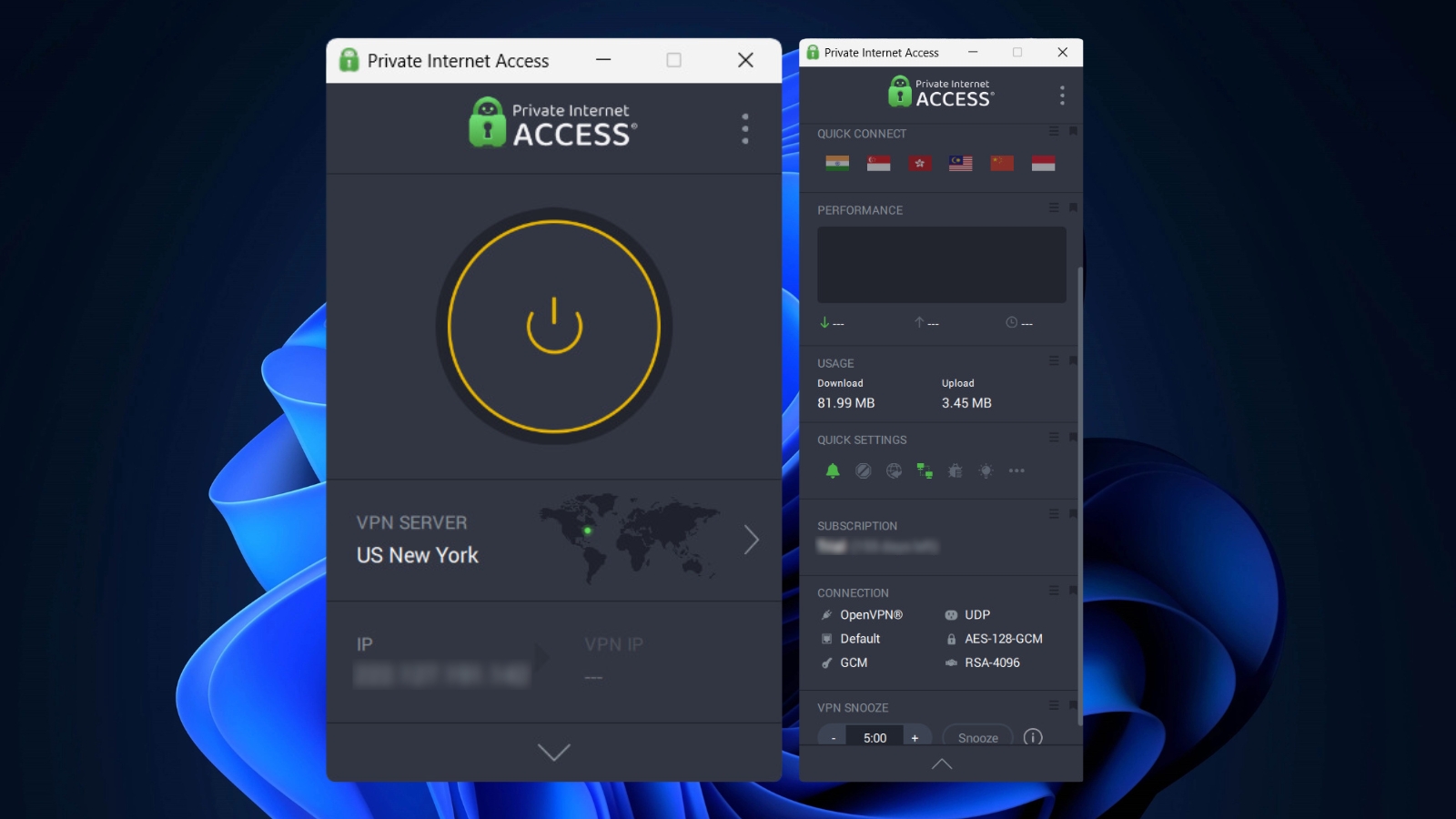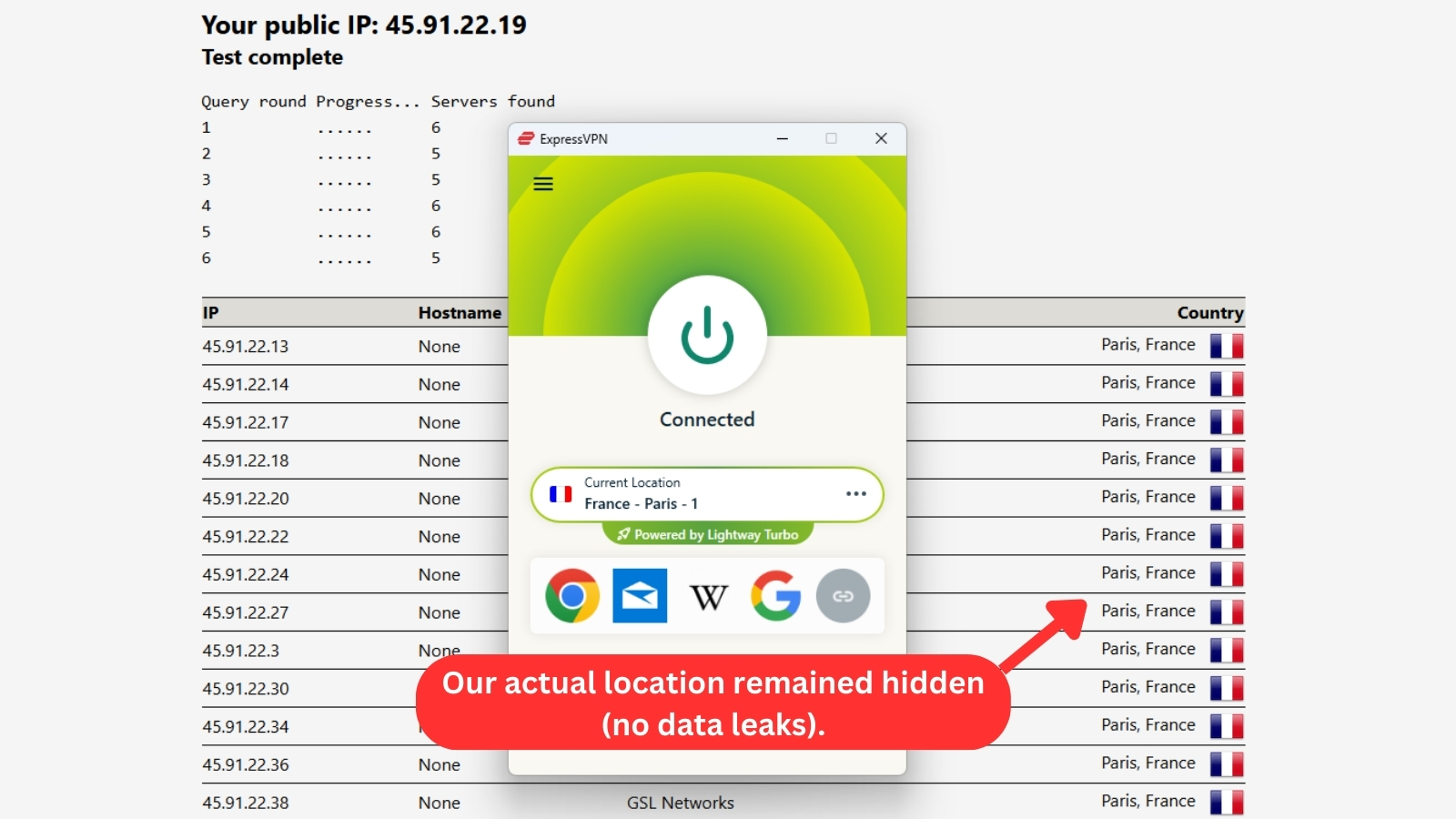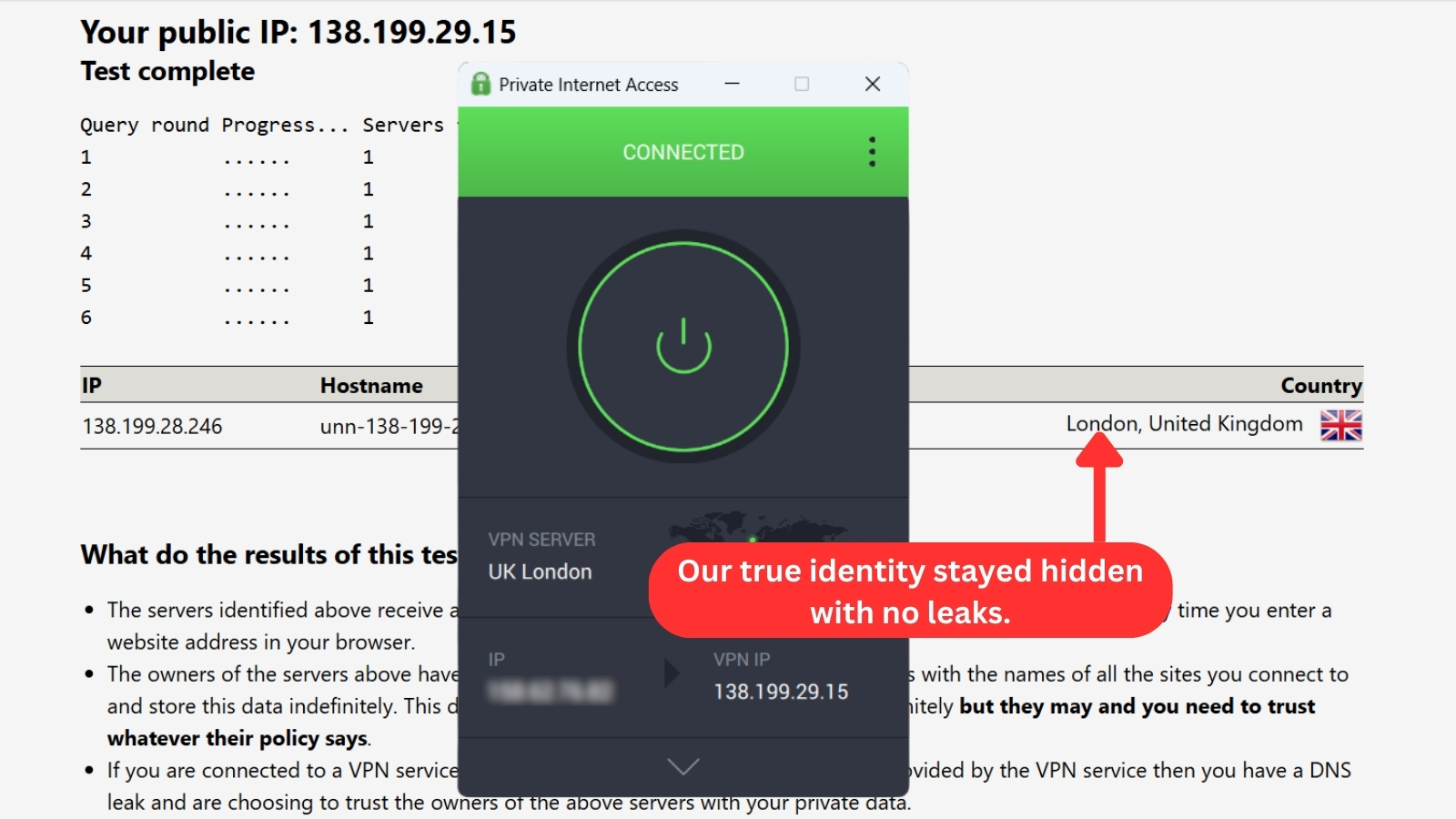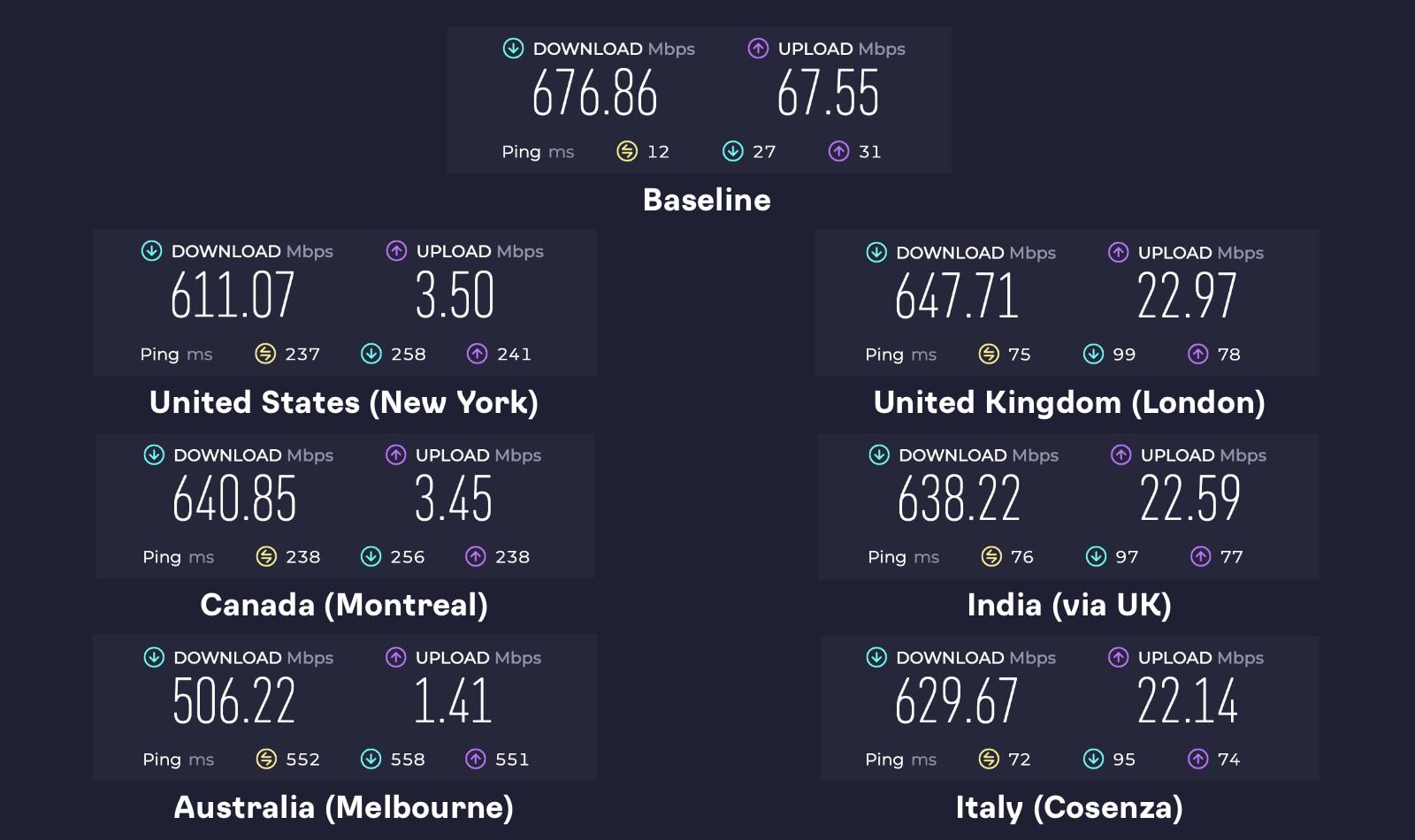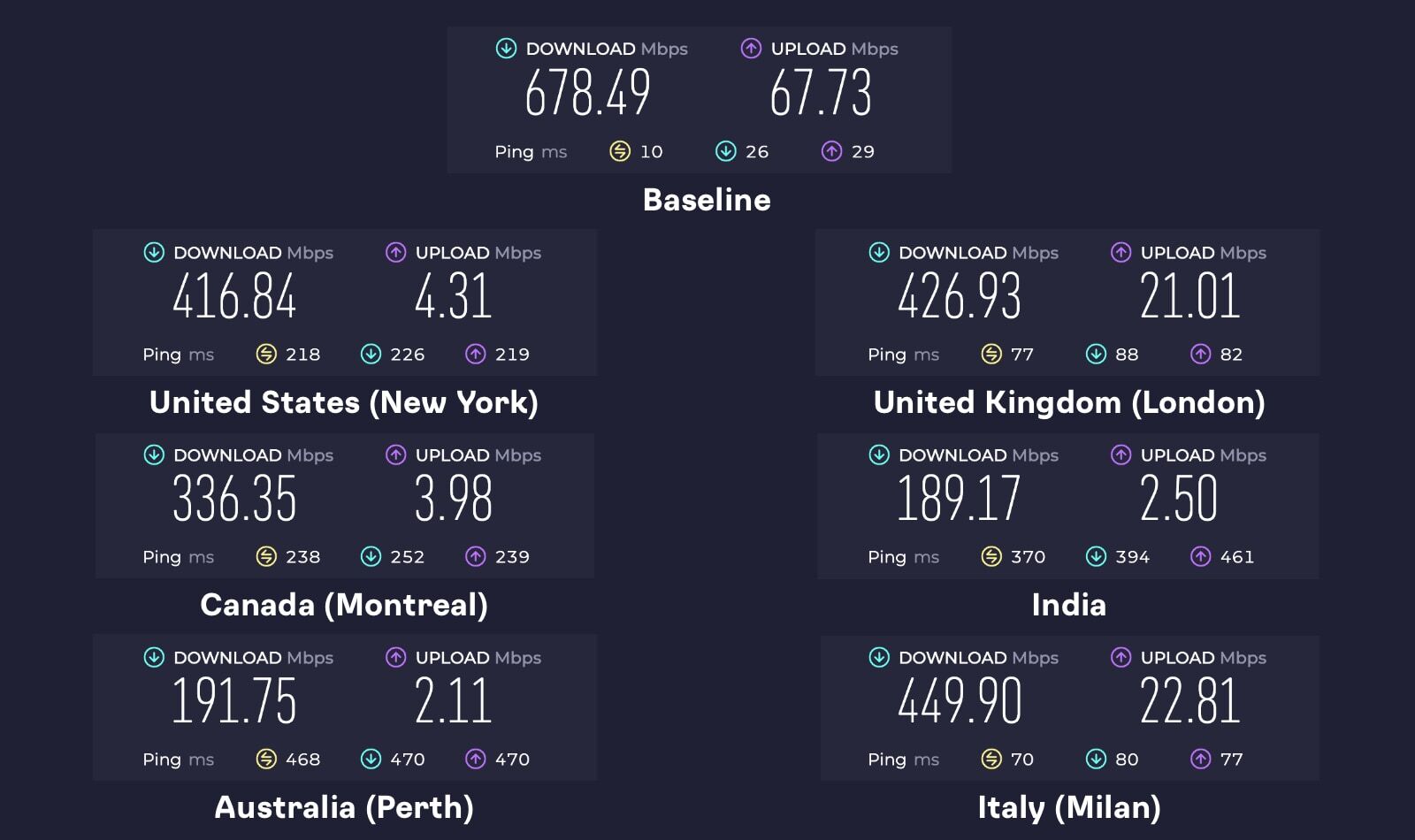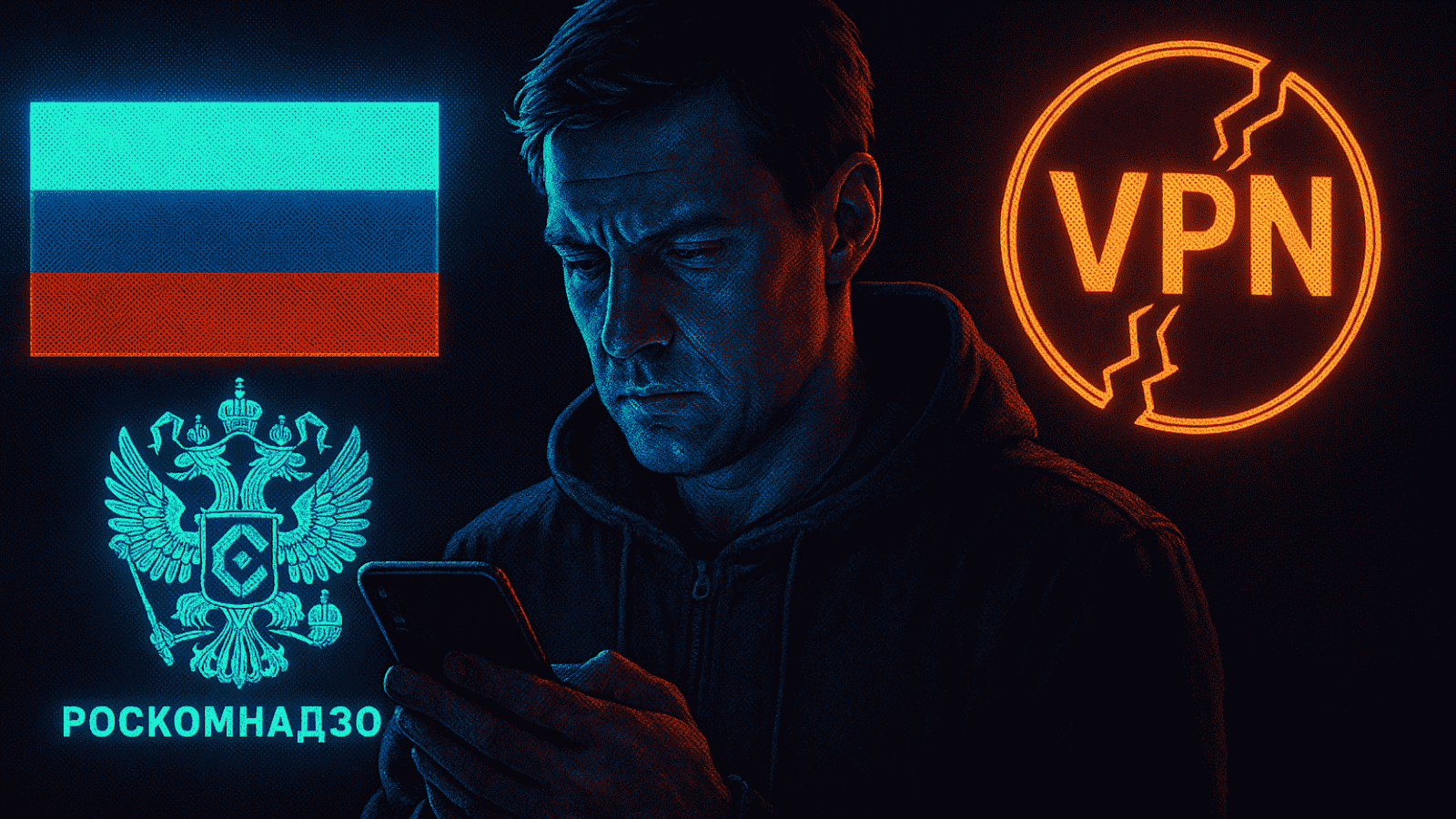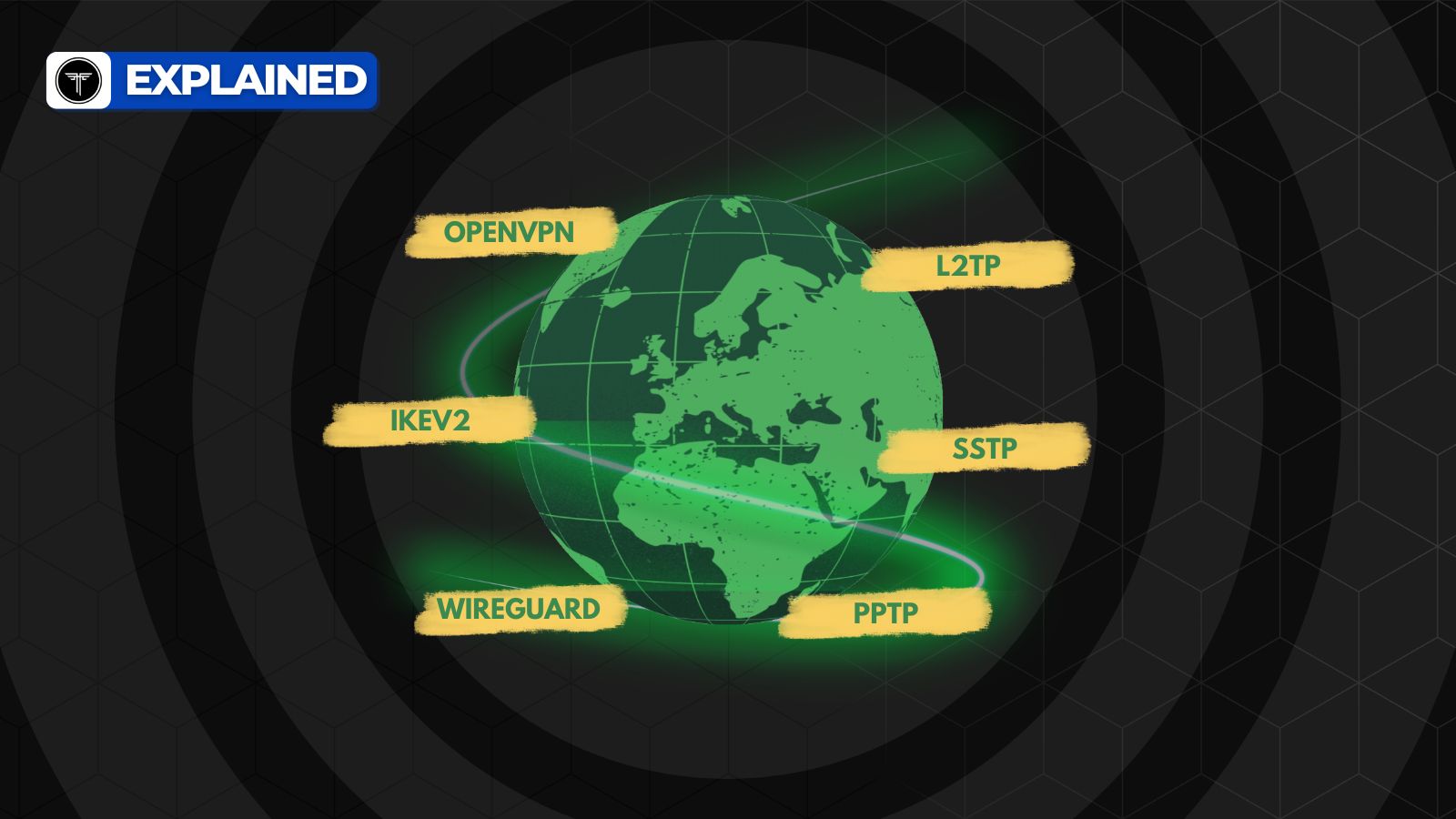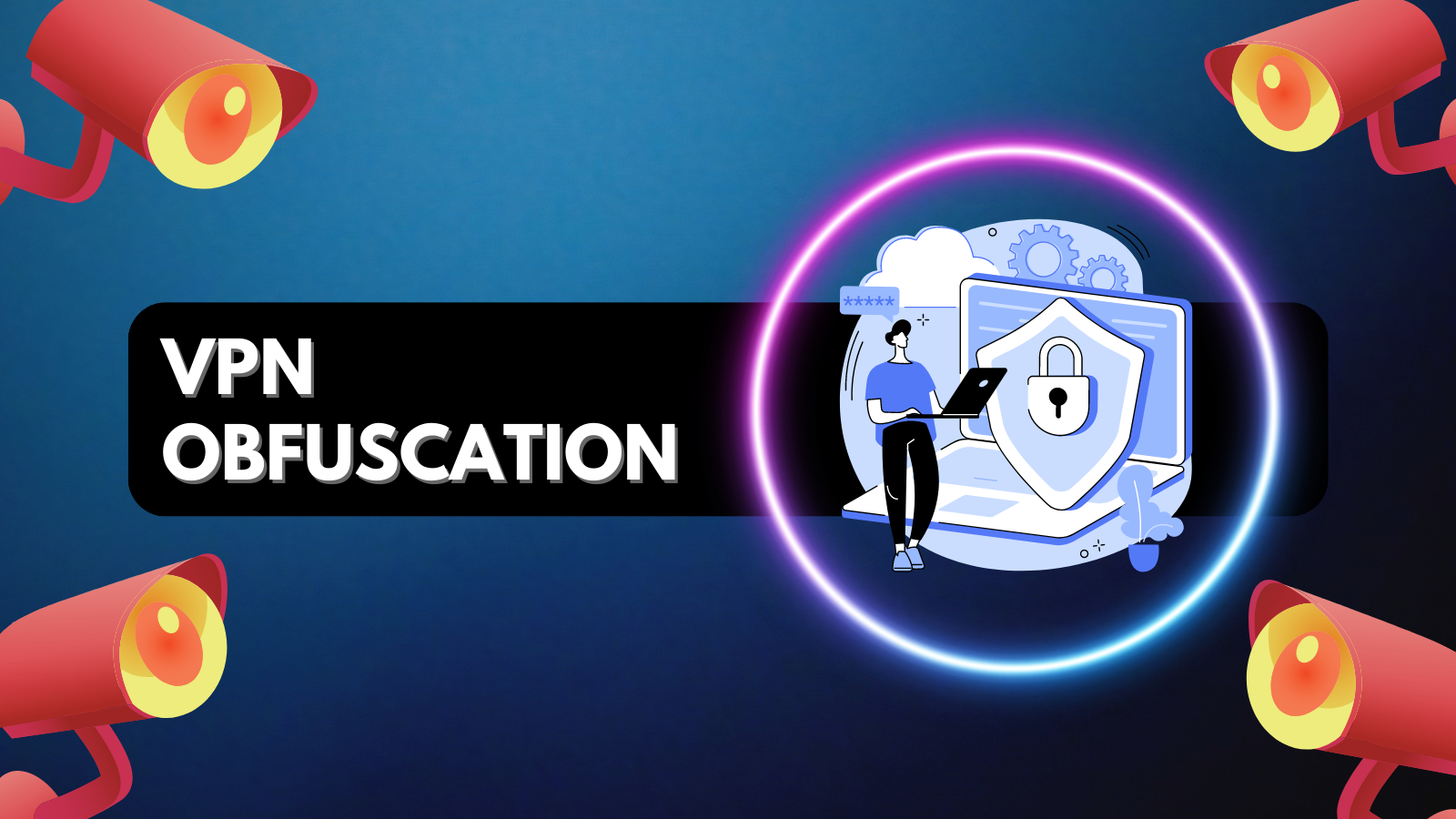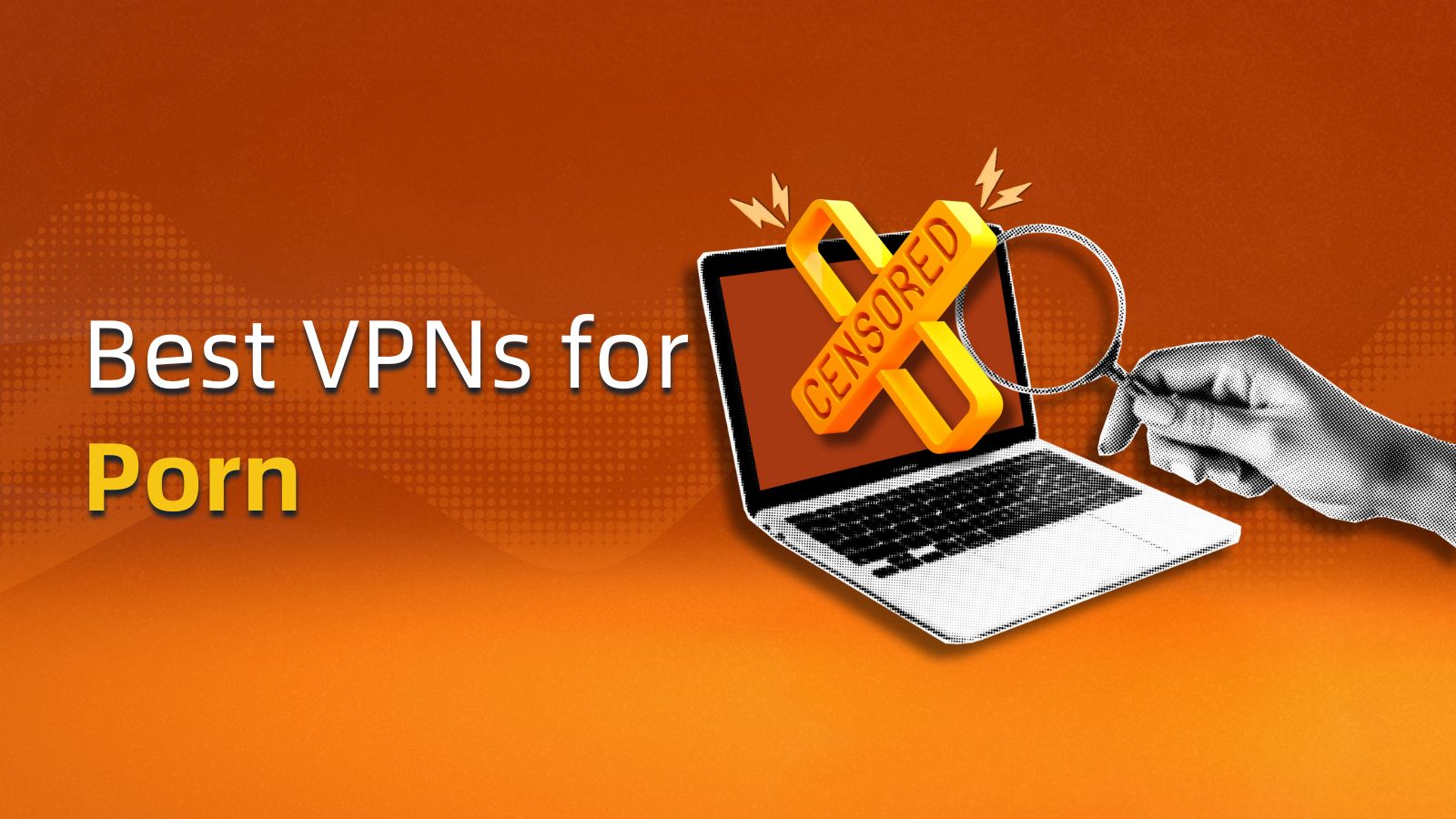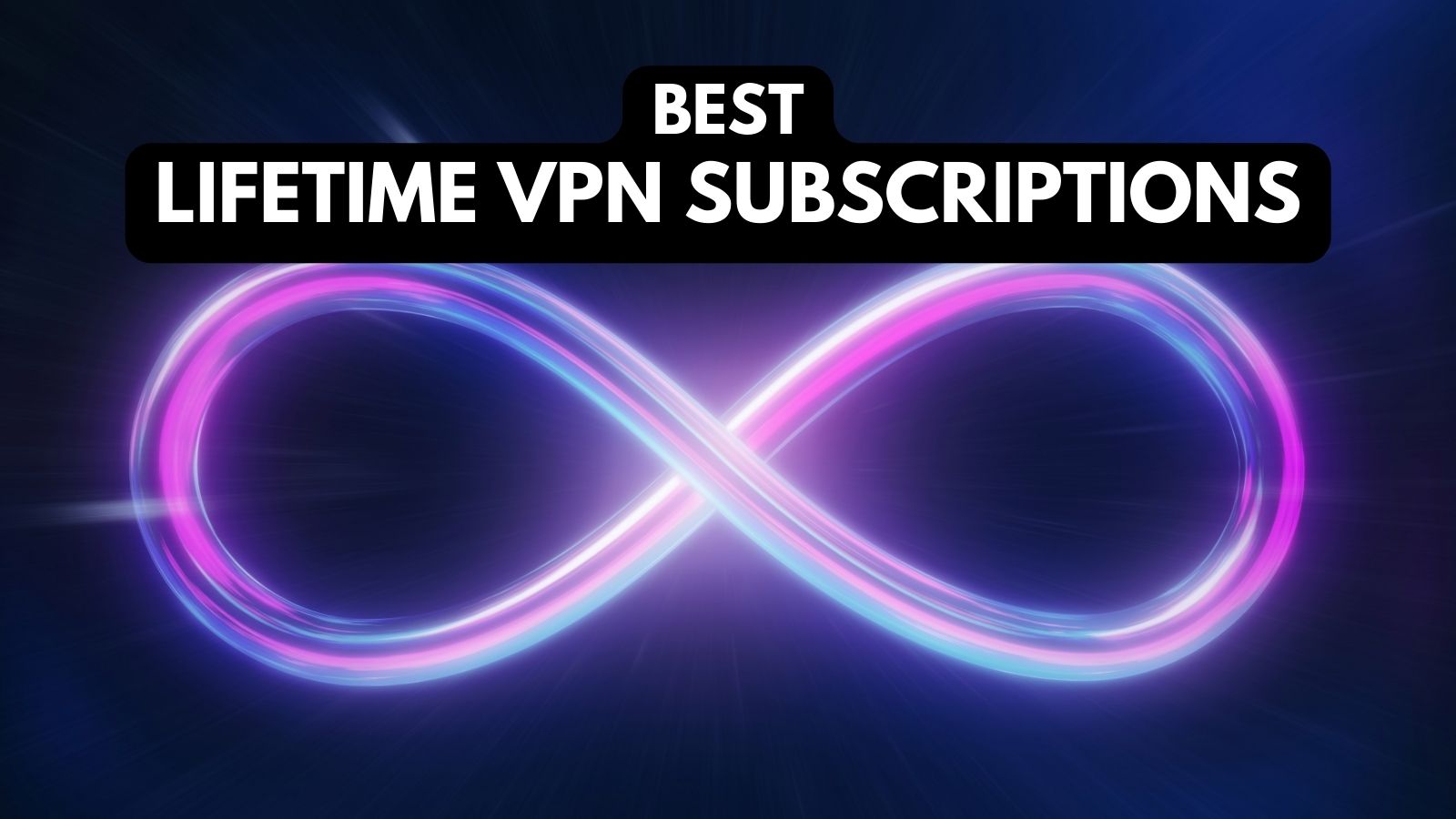When you purchase through links on our site, we may earn an affiliate commission. Here’s how it works.
ExpressVPN vs. Private Internet Access 2025
Our experts have reviewed 53 VPN providers, which were put through extensive rounds of testing. To learn more about that process, here’s how we review VPNs, where we explain our criteria and our policy of being fully transparent.
When it comes to choosing between ExpressVPN vs PIA, you're faced with a decision between two of the best VPN services. But which one truly serves your needs?
Hailing from the British Virgin Islands, ExpressVPN prides itself on a robust no-logs policy and stellar performance. It’s tailored for practically any use and is a top choice if you seek anonymity without sacrificing speed.
Then, there’s Private Internet Access (PIA) from the United States, which champions a rigorous no-logs stance despite its 5-Eyes Alliance jurisdiction. Boasting high-speed performance, vast server coverage, and advanced customization, PIA stands out if you value flexibility and configurability.
Both of these VPNs come jam-packed with great features, so let’s start with an overview of what each has to offer.
But this comparative table only shows the tip of the iceberg. This comprehensive PIA vs ExpressVPN comparison aims to go beyond mere statistics to help you make the best choice.
We’ll meticulously evaluate crucial aspects such as countries of origin, server variety, connection speeds, platform compatibility, security features, ease of use, customer service, and cost, among others.
Background, Jurisdiction & Reputation
When choosing a VPN, it's important to consider where the service is based. Some countries are part of the 5 Eyes, 9 Eyes, & 14 Eyes Alliance, which are known for sharing surveillance data. VPNs located in these regions may be legally forced to hand over user information. Let’s look at how ExpressVPN and PIA manage this concern.
ExpressVPN - (Score 9/10)
ExpressVPN started its journey in 2009 in the privacy-friendly British Virgin Islands. This positioning places it outside any surveillance alliance, highlighting its focus on privacy.
In 2021, Kape Technologies acquired ExpressVPN, which joined the ranks of other popular services like CyberGhost, Private Internet Access (PIA), and ZenMate. Despite this, ExpressVPN continues to function with autonomy in terms of its operational framework and policies. However, in 2023, its parent company, Kape, transitioned to privatization under Unikmind Holdings, a major shareholder.
Additionally, ExpressVPN operates under a strict no-logs policy and undergoes regular independent audits to verify its claims. Its use of RAM-only servers, which temporarily store your data and wipe it clean upon server reboot, further strengthens the platform's security.
Historically, ExpressVPN has maintained a clean slate with no data leaks or breaches, which affirms its dedication to data confidentiality.
Private Internet Access - (Score 8/10)
Established in the United States in 2010, Private Internet Access resides within the 5-Eyes jurisdiction. This raises potential data privacy concerns since PIA can be legally obliged to share your data with authorities upon request. However, PIA upholds a strict no-logs policy, which Deloitte Audit Romania validated through a third-party audit.
While PIA and ExpressVPN are both under the Kape Technologies umbrella, which is now privatized under Unikmind Holdings, PIA maintains its own infrastructure and operational standards. Moreover, it uses a RAM-based architecture, so there’s no risk of persistent logs or data exposure.
PIA has also maintained a clean record without any significant leaks or breaches. In 2018, the FBI forced PIA to provide information about a user, but the service upheld its no-logs promise and had no data to provide.
Who’s the Winner? - ExpressVPN!
ExpressVPN takes the lead in this round due to its jurisdiction in the British Virgin Islands. Its background and ongoing commitment to transparency through consistent third-party audits further support its stance on data protection. If a privacy-centric jurisdiction and a spotless track record are your main criteria, you should get ExpressVPN.
Supported Platforms & Devices
Extensive device coverage is a key step towards complete online security. Now, in this ExpressVPN vs PIA, let's compare how well ExpressVPN and PIA accommodate various devices and platforms.
ExpressVPN - (Score 10/10)
ExpressVPN supports a wide array of platforms, offering native apps for Windows, macOS, Linux, and ChromeOS. It also now runs natively on M1 and M2 Macs, which boosts responsiveness. On Linux, they recently rolled out a full GUI, skipping command lines.
Beyond desktop, the service is also available on Android, iOS, Kindle, and NOOK. It supports Android TV, Fire TV, other smart TVs, and more. To secure all your devices in one go, your best option is to set up ExpressVPN on a router. You can also buy Aircove, ExpressVPN’s Wi-Fi 6 router that comes with built-in VPN protection.
Browser users aren’t excluded either, as ExpressVPN has extensions for Chrome, Firefox, Edge, and Safari. Best of all, you can make 8 simultaneous connections, so you’ll have no problem covering all your gadgets.
Private Internet Access - (Score 10/10)
PIA works across a broad range of devices, including its newest support for Windows ARM. That means you can now run PIA natively on the latest Windows PCs powered by Copilot+ and Snapdragon X Elite chips.
PIA also runs smoothly on macOS, ChromeOS, and popular Linux distributions like Ubuntu, Mint, Arch, and Debian. Mobile support is strong too, with dedicated apps for Android and iOS, along with browser extensions for Chrome, Firefox, and Opera.
For more extensive protection, you can install PIA on compatible routers, like Tomato and DD-WRT, to cover everything from smart TVs and gaming consoles to other Web-connected devices. If you're streaming on a Fire Stick, Roku, Chromecast, or Apple TV (or using Kodi on your device), you can set up PIA with Smart DNS.
PIA also allows unlimited simultaneous connections, so you can protect every device you own without juggling logins or hitting limits.
Who’s the Winner? - It’s a Tie!
ExpressVPN and PIA both accommodate various platforms and devices, presenting a tight race in this round with no definitive winner. If you get ExpressVPN, you’ll have versatile platform compatibility featuring a GUI-powered Linux app. Similarly, you’ll have extensive device support but with unlimited device connections if you get Private Internet Access.
Installation & Initial Configuration
Getting started with a VPN should be straightforward, supported by an intuitive setup and native apps. Let’s explore how ExpressVPN vs Private Internet Access fare in these aspects.
ExpressVPN - (Score 10/10)
ExpressVPN keeps things simple from the start, with an easy sign-up and download process across all supported platforms. You’ll find dedicated apps on the official website and in major app stores, each designed for quick installation and use.
To make things even easier, the provider offers clear VPN setup guides and direct download links so you can connect without jumping through hoops. Everything feels straightforward, even if it’s your first time using a VPN.
If the official site isn’t accessible in your region, ExpressVPN also shares alternative links so you can still get the app without issues. After installing ExpressVPN, simply launch the app and conveniently use your ExpressVPN activation code to log in and start using the service.
Private Internet Access - (Score 10/10)
Setting up PIA is equally straightforward. The process is streamlined from signing up to downloading the application for your specific device. You can conveniently access the necessary software using direct download links on the official website and major app stores.
The provider also offers clear instructions so you can quickly integrate it into your digital routine. Additionally, PIA provides mirrored links for accessing the VPN in censored regions. However, you’ll have to reach out to customer support for these links since they aren’t publicly listed.
Who’s the Winner? - It’s a Tie!
Both ExpressVPN and PIA provide straightforward installation and hassle-free configuration, making it hard to pick a clear winner in this category.
If you get ExpressVPN, you're guaranteed a seamless setup experience and an instant connection to a secure server. Alternatively, when you get Private Internet Access, you can easily configure the app for quick and effective protection.
Prominent Features
VPNs offer more than just privacy and basic encryption. Always choose a service with unique features tailored to diverse needs. In this round, we evaluate the strengths and capabilities of both VPNs to see what sets them apart.
ExpressVPN - (Score 9.5/10)
ExpressVPN comes loaded with excellent privacy features, such as a working kill switch and some of the best VPN encryption standards to protect your data. They also support several secure VPN protocols, including the newly added 'Lightway Turbo' feature, which is optimized for speed and enhanced reliability.
In addition to these essentials, it has split tunneling to funnel specific app traffic via the VPN and 'Threat Manager,' which blocks intrusive ads, trackers, and malicious sites. All servers are obfuscated by default, which can help avoid detection and keep your use of a VPN stealthy, even on restricted networks.
The VPN also stands out with its 'ExpressVPN Keys,' which offer a premium password management solution at no extra cost. It allows unlimited bandwidth, data, and server switches as well.
Other handy features include 'Parallel Connections,' which can help speed server selection, an optional dedicated IP add-on for anyone needing a fixed IP, and 'Parental Controls' to prevent certain sites from being accessed. It's useful if you’re sharing the connection with kids or want more control over your browsing.
Private Internet Access - (Score 9.5/10)
PIA emphasizes privacy with its reliable kill switch and industry-standard VPN protocols for a secure connection. It expands its privacy toolkit with advanced features like split tunneling and dedicated IP options to boost anonymity with selective encryption.
The service also employs obfuscation. This feature disguises your VPN traffic as regular Web traffic, so network admins and firewalls don’t block your connection. PIA also matches ExpressVPN’s Threat Manager with its 'MACE' feature, which blocks malicious ads and malware.
It offers some more advanced features too, including 'Multi-Hop' (or double VPN) connections for enhanced security, SOCKS5 proxy support for faster, IP-masked torrenting and scraping, and port forwarding for remote device access and better online gaming. PIA, like ExpressVPN, allows unlimited server changes and does not impose limits on data or bandwidth usage.
Who’s the Winner? - It's a Tie!
It’s a stalemate between ExpressVPN and PIA in this round. Both VPNs come with solid privacy tools: kill switches, proven encryption standards, and reliable obfuscation for remaining undetected on strict networks.
ExpressVPN responds with the new Lightway Turbo feature tied to performance and 'Parallel Connections,' which speeds up connections to servers, while PIA fires back with SOCKS5 proxy support, port forwarding, and Multi-Hop routes if you want to customize deeper.
Ultimately, they’re all useful in different ways, depending on your needs. Get ExpressVPN if you want a fast and sleek setup. But if you want more configuration or more tweaks, get Private Internet Access.
Server Count & Infrastructure
A VPN with an extensive server fleet means you’ll never encounter overcrowded servers with poor speed and performance. This segment evaluates the server diversity and global reach of PIA and ExpressVPN.
ExpressVPN - (Score 8.5/10)
ExpressVPN features a substantial network spanning undisclosed number of servers in 105 countries. So, if you’re looking for a VPN with the most server locations, then ExpressVPN should be your go-to choice. More importantly, all these servers are built on the TrustedServer technology, which relies on RAM for enhanced security.
The VPN’s server offerings include obfuscated servers and optimized options for torrenting without the need for dedicated P2P servers. The provider also lacks specialized streaming and gaming servers, but it enhances its performance for these activities with fast 10Gbps servers.
Additionally, ExpressVPN employs virtual server locations to provide service in areas with poor digital infrastructure or invasive privacy laws.
Private Internet Access - (Score 9/10)
PIA boasts a massive list of undisclosed number of servers in 91 countries. What sets it apart even further is its coverage across all 50 US states, which gives you more flexibility when trying to bypass blackout restrictions or avoid overcrowded servers.
All these servers are built on a RAM-only model, leaving no logs behind. It impresses with specialized streaming servers but doesn’t include dedicated servers for gaming and P2P. However, its SOCKS5 proxy feature and 10Gbps servers ensure a secure torrenting and unrestricted gaming experience.
PIA also provides obfuscation via Shadowsocks and clearly labels virtual locations as 'geo-located servers' in its apps and website. This transparency in server offerings guides you to the best possible server for establishing a connection.
Who’s the Winner? - Private Internet Access!
PIA takes the lead here with a widespread server network covering every US state. It also offers specialized server offerings and extra useful features for various activities and applications to enhance server utility. If you're after global reach with full US server access, get Private Internet Access.
UI/UX Design & Ease of Use
A seamless user interface can transform complex VPN functionalities into easily accessible tools. This Private Internet Access vs ExpressVPN comparison segment compares the two services in terms of layout and ease of navigation.
ExpressVPN - (Score 10/10)
ExpressVPN pursues a minimalist design and interface, emphasizing ease of use. Its desktop apps feature a prominent connect button on the home screen, along with your selected server location. Below this button, you can access the fastest server or connect to your recently used location.
You can view the full server list by clicking the 'three dots' next to the connected location or tapping the 'hamburger' icon in the top-left corner of the home screen. Here, you’ll also find useful tools like 'Speed Test' (exclusive to Mac) and multiple tabs with a distinct set of options.
The mobile app maintains the same user-friendly approach, enabling server connections with just a few taps. The app’s design emphasizes simplicity, with a quick-connect button at the center and advanced tab options at the bottom.
ExpressVPN sets itself apart with browser extensions that act as full VPN clients rather than mere proxies. The extensions require you to install the app to be able to enjoy comprehensive VPN protection.
Private Internet Access - (Score 9/10)
PIA's interface is functionally simple on both desktop and mobile platforms. The main screen provides a quick connect button and current server information, such as location, real IP, and VPN IP.
Customization is a strong suit for PIA, offering the ability to tinker with various options, such as themes, network settings, and connection features. This lets you personalize your experience while maintaining easy access to essential VPN features.
PIA also offers refined apps for mobile platforms with the same features found in desktop versions. The flexible and practical interface design allows for a smooth and customizable experience, whether you're new to VPNs or an expert user.
Who’s the Winner? - ExpressVPN!
ExpressVPN stands out with its clean, intuitive interface. Cross-platform use is seamless, and the layout is simple, so you can get up and running and find what you’re looking for easily. PIA’s interface, while functional, isn't as polished and can feel somewhat cluttered at times. If a seamless and user-friendly experience is a priority, you should definitely get ExpressVPN.
Media Streaming, Torrenting, and Gaming Support
Access to online entertainment and secure file-sharing capabilities are pivotal to a VPN. Let’s see how ExpressVPN and Private Internet Access cater to these demands.
ExpressVPN - (Score 10/10)
ExpressVPN is a solid pick for Netflix and dozens of other streaming platforms, including Hulu, Prime Video, Max, and Disney+. Its 'MediaStreamer' feature allows you to use the VPN on devices that you can’t normally run it on.
ExpressVPN is also one of the best VPNs for torrenting with P2P file sharing enabled on all of its servers. In combination with high speeds and solid security features, it makes downloading large files both efficient and safe.
Moreover, you can rely on ExpressVPN for gaming, as it uses 10Gbps servers to lower your ping and latency rates. It can also consistently access global gaming content for a seamless gaming experience.
ExpressVPN offers a very simplified approach. Each of their servers is good for streaming, gaming, and file sharing without having to pick a server type.
Private Internet Access - (Score 8/10)
PIA steps up with specialized streaming servers that provide access to major streaming sites like Netflix, Hulu, Disney+, and BBC iPlayer. However, finding the right server is key to a smooth and consistent streaming experience.
In terms of torrenting, PIA lacks specific P2P servers but impresses with features like a SOCKS5 proxy and port forwarding. These features optimize your download speeds, which is essential for downloading large files.
While PIA may not offer dedicated gaming servers, its 10Gbps network promises low ping and latency, which is vital for competitive gaming. It effectively circumvents geo-restrictions and opens up a world of gaming opportunities.
Who’s the Winner? - ExpressVPN!
ExpressVPN takes the lead in the entertainment segment with its fast speeds and universal server optimization. This approach means you don’t have to search for specific servers for streaming, gaming, or torrenting, as every server supports these activities without issue. So, get ExpressVPN for a versatile VPN experience with optimized servers for all your online activities.
Security & Privacy
The primary appeal of a VPN lies in its robust online security measures and stringent privacy protocols. This segment delves into how ExpressVPN and PIA uphold these crucial aspects.
ExpressVPN - (Score 9.5/10)
ExpressVPN employs a variety of secure protocols, including OpenVPN, IKEv2, and its proprietary Lightway protocol. The latest upgrade, Lightway Turbo, pushes performance even further by boosting speeds without compromising security.
It operates under a no-logs policy verified through multiple independent audits. The TrustedServer technology, which uses RAM to ensure data integrity, further underscores its privacy commitment.
ExpressVPN also excels in robust leak prevention. During our tests, the VPN showed no IP, DNS, or WebRTC leaks, affirming its solid protection against data exposure. Furthermore, it offers additional security features like Threat Manager, which blocks ads, trackers, and malicious sites for a secure online experience.
Private Internet Access - (Score 9/10)
PIA takes a versatile security approach with multiple VPN protocols across platforms. It offers OpenVPN and WireGuard on all platforms, while IPSec/IKEv2 is exclusive to iOS users.
The VPN maintains a strict zero-logs policy and has undergone an independent audit from Deloitte to verify its claims. However, we’d like to see more regular audits to build trust in the service.
PIA also prevents IP and DNS leaks, so your Internet activities, location, and identity always stay concealed. Additionally, it provides an integrated ad blocker called MACE and MultiHop functionality for added privacy.
Who’s the Winner? - ExpressVPN!
ExpressVPN holds a slight edge over PIA due to its comprehensive measures and the inclusion of the proprietary Lightway protocol. The provider’s dedication to privacy is also evident through its innovative TrustedServer technology and multiple third-party security audits. If you're after strong security paired with proven privacy practices, get ExpressVPN.
Speed & Performance
Speed is a make-or-break quality for a VPN, especially if you’re streaming, gaming, or just trying to browse without lag. In this segment of our ExpressVPN vs PIA comparison, we’re focusing on real-world performance: how fast the connection is, how stable it remains, and how well each VPN can handle heavy lifting.
ExpressVPN - (Score 10/10)
ExpressVPN stands out with an average speed reduction of just 10%, marking it among the fastest VPN services currently available in the market. That’s great, particularly for hopping between close and far-flung servers. We tested servers as far away as Australia and India, and the VPN performed exceptionally well even then. Speeds remained steady, and connections were snappy at all times during each session.
Its proprietary Lightway protocol was a major contributing factor in eliminating connection delays, and the Parallel Connections feature helped us in quickly locating the fastest available server. And, with such a setup, we were able to stream 4K content, download large-sized files, and conduct video calls, all while maintaining a perfect connection with no irritating lags and interruptions.
That said, we did see a significant reduction in upload speeds on some far-off servers. But unless you’re uploading huge files or doing live broadcasts, it won’t hinder typical activities like streaming, browsing, or casual gaming. In all tests, ExpressVPN remained fast, reliable, and easy to use.
Private Internet Access - (Score 6/10)
PIA provided decent speeds on nearby servers, so most online activities were quite smooth during our testing. Using the Italy and the UK servers produced the best performance for us, as they were the nearest servers to our location.
Performance, however, tanked on long-distance connections. The slowest servers were located in India and Australia, showing large drops in both download and upload speeds. That kind of dip can cause things like video calls to drop, streaming to halt, cloud backups to fail, or torrenting not to work from remote locations.
Overall, we achieved roughly a 51% reduction in speed. If you have a fast connection to start with, your downloads won’t feel at all sluggish. But PIA doesn’t feel as speedy overall (nor as consistently) as ExpressVPN.
Who’s the Winner? - ExpressVPN!
ExpressVPN delivered consistently faster speeds on nearby and distant servers, which makes it well suited for streaming, torrenting, and more. On far-away servers, such as Australia and India, ExpressVPN was still commendable without many significant drops.
PIA is good on local servers but struggles with long distances. If you care about consistent, reliable speeds, then get ExpressVPN. PIA simply doesn’t compare.
Customer Support
Reliable assistance is a cornerstone of any VPN, ensuring you feel supported at every step. Let’s dive into how ExpressVPN and PIA measure up in providing customer care.
ExpressVPN - (Score 10/10)
Help is always close at hand with ExpressVPN. Their 24/7 live chat puts you in touch with knowledgeable agents who are quick to respond. They’re super helpful when you’re trapped troubleshooting a tricky connection. If it’s not an urgent problem, you can also contact them by email or browse their myriad of self-help resources.
These range from straightforward setup instructions to FAQs, along with a free Udemy course dedicated to cybersecurity awareness. In addition, they keep their blog regularly updated with all sorts of tips and insights that can help keep you in the loop. Altogether, ExpressVPN constructs a support system that suits both new and seasoned VPN users.
Private Internet Access - (Score 10/10)
PIA matches ExpressVPN with its 24/7 live chat, so you can reach a knowledgeable support team whenever you need assistance. It also has an extensive knowledge base, FAQs, and setup guides so you can figure out solutions yourself if that’s more your style.
For more complex questions, there’s email support and a regularly updated blog with privacy advice and tech news. On top of that, PIA is also active on Facebook and X, hosts its own YouTube channel, and even has an active subreddit, offering even more ways to seek support and connect with the community.
Who’s the Winner? - It’s a Tie!
ExpressVPN and PIA both offer great customer support. Between the two services, you’ll have trustworthy assistance via live chat and in-depth guides. The better choice really comes down to how you like to get help.
You might want to get ExpressVPN if you're better with hands-on troubleshooting and solid self-help content. But if you want to be a part of a supportive and active user base, get Private Internet Access instead.
Pricing
The cost of a VPN is an important factor, as it reflects the service's value and accessibility to different users. In our ExpressVPN vs PIA, we also compared their prices. Let's see the structure of their pricing and what each package entails.
ExpressVPN - (Score 9/10)
ExpressVPN offers a monthly, 12-month, and 2-year option. The best value with a 61% discount and 4 extra months is the 2-year plan, which costs $4.99/month or $139.72 for 28 months.
The 12-month plan is a reasonable option if you aren’t ready to commit for two years. But take note that each plan has its own set of features. The 2-year plan has all premium features, while the monthly plan only has the basics.
Pay $4.99/month for ExpressVPN’s 2-Year plan (plus 4 FREE months) Billed $139.72 in total. 30-day money-back guarantees available!
Although ExpressVPN doesn’t offer a free plan, it does offer a 30-day risk-free guarantee. If it’s not right for you, you can cancel ExpressVPN and receive a full refund. There’s also a 7-day free trial of ExpressVPN available for Android and iOS devices. For more information, see our ExpressVPN price guide for a breakdown of all the value the service offers.
Private Internet Access - (Score 9/10)
At the moment, PIA's pricing plan is split into 6-month and 2-year subscriptions. While all the plans include the same benefits, the 2-year plan (starting at $2.03/month) saves you 83% and gives you 4 months free compared to the 6-month option. Dedicated IPs and antivirus add-ons are less expensive options if you want additional protection, too.
Pay $2.19/month for PIA’s 2-year plan + get 2 Months Free. 30-day money-back guarantees available!
There’s no free version like ExpressVPN. But Android and iOS users are able to enjoy a 7-day PIA free trial. It also supports its plans with a 30-day money-back guarantee, granting you risk-free usage without any payment.
Who’s the Winner? - It’s a Tie!
ExpressVPN and PIA have different pricing setups, but both offer great value. A 2-year plan for ExpressVPN throws in eSIM data, identity protection, and credit reports. PIA’s 2-year offer is even cheaper with access to all its features across all its plans without necessary upgrades.
Both VPNs also come with a 30-day refund policy and a 7-day mobile app trial. If you’re after premium extras and polished mobile support, get ExpressVPN. For a budget-friendly option with consistent features, get Private Internet Access.
PIA vs ExpressVPN - Which One Is Better?
ExpressVPN comes out ahead in this comparison. Having a solid mix of premium features means you get what you pay for. You also have access to industry-leading security with AES-256-bit encryption, servers only in RAM, split-second VPN connection, a parental control tool, and more.
It also offers a premium password manager and Threat Manager, which blocks trackers and malicious sites. Additionally, ExpressVPN has intuitive apps across all devices, including a GUI app for Linux, making it a better all-around choice.
PIA has its fair share of what it has to offer as well. This powerful, premium budget VPN comes with plenty of customizable settings, open-source apps, and reliable torrenting support. It also has servers in all 50 states, a native ARM app, and unlimited device connections for total coverage. If you’re looking for long-term savings and don’t mind sacrificing a little performance, PIA is a solid choice.
Let's review the score table below to see how ExpressVPN outperforms PIA in key categories.
When put head-to-head, ExpressVPN advances in key areas like entertainment, speed, privacy, and security. It also operates in the British Virgin Islands, so it has better jurisdiction. PIA may excel in pricing and app-level control, but ExpressVPN is just stronger overall.
If you’re into top-tier VPN features with superior overall performance, you can’t do better than to sign up for ExpressVPN.
You’ve reached the end of our ExpressVPN vs PIA comparison. If you have any questions or concerns, feel free to ask us in the comments below. Thanks for reading and visiting TechNadu!

